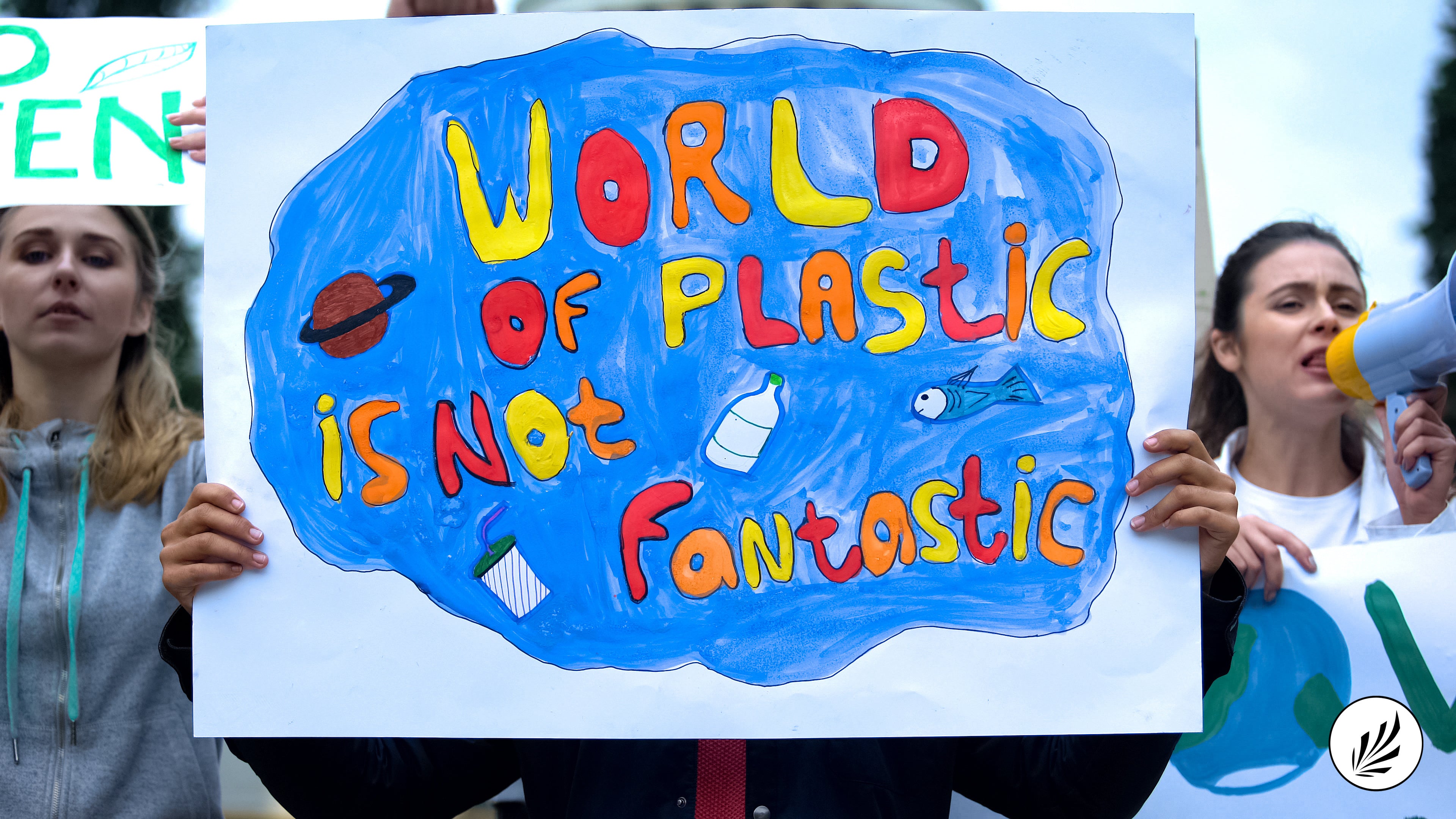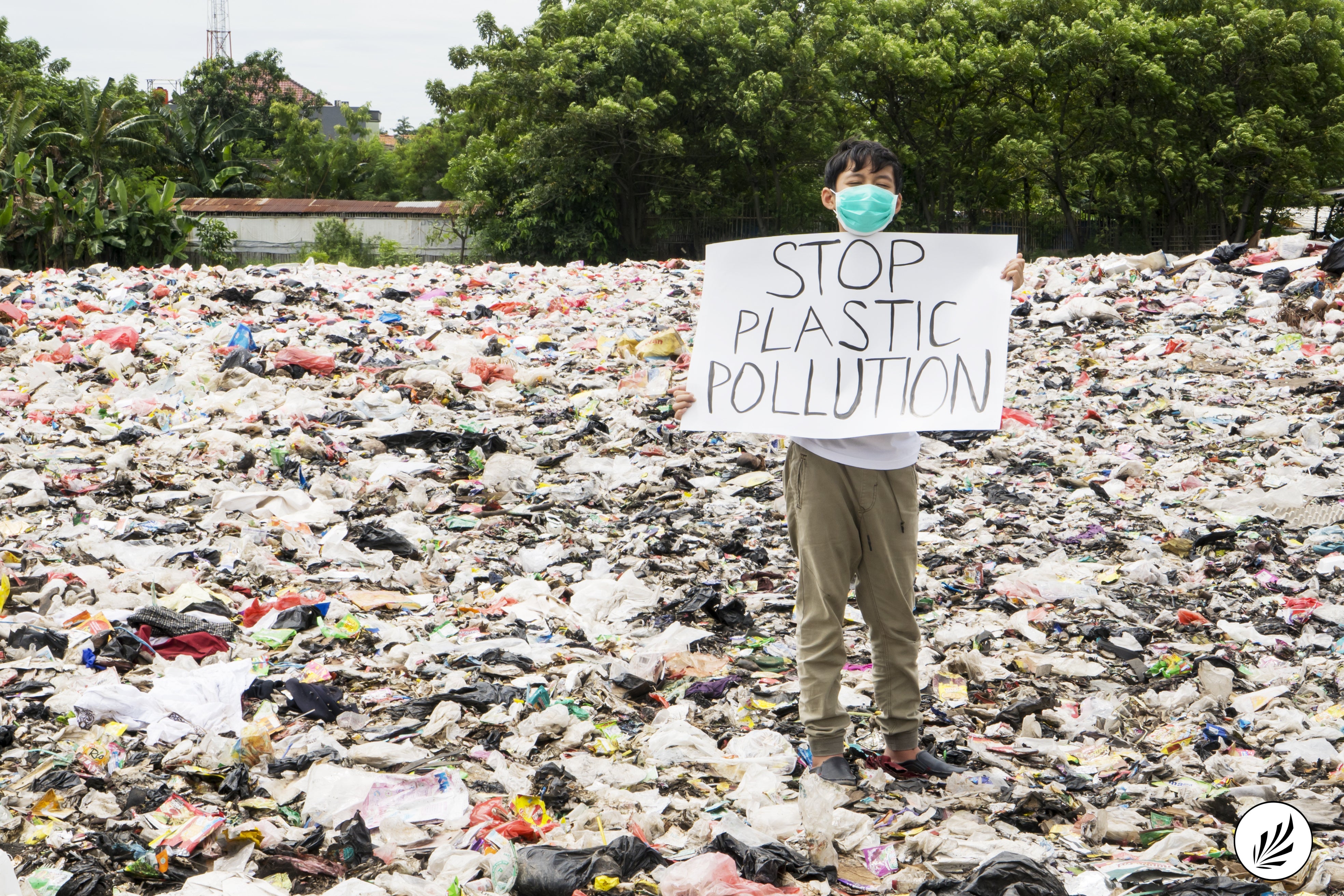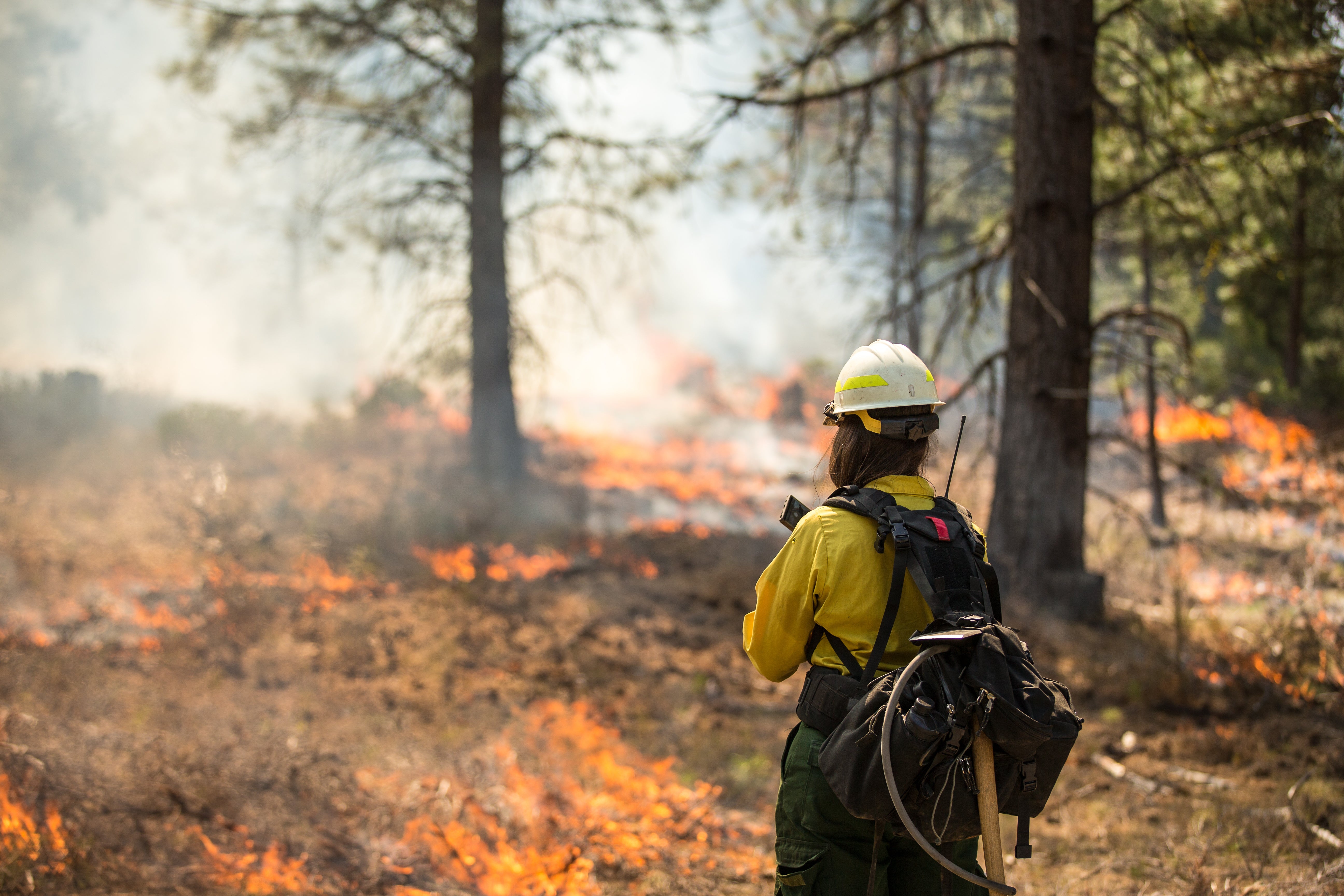
Plastic pollutions in our oceans and the effect on marine life
The well-known British environment lover, Sir David Attenborough, has described the worldwide plastic pollution issue as an “unfolding catastrophe”. A massive number of plastics are being produced year after year, about 220 million tons of plastic to be exact. Approximately 80% of global marine pollution comes from land-based sources. But what are the consequences of plastic pollution on marine life and what can we do to tackle it?
The development of plastic pollution in our oceans
In the last decades, awareness and support for issues regarding climate change, plastic pollution and our oceans has gained and keeps gaining support. This raises the question: When was plastic pollution in the oceans actually internationally recognised as a serious problem? Plastics in the oceans started to accumulate in the 60s of the 20th century and the reputation of plastics began to deteriorate throughout the 70s and 80s. Today, out of the now 9.2 billion tons of plastic products, a massive 6.9 billion tons have become plastic waste, with just 0.3 billion tons ending up in the recycling system.
The majority of waste in the oceans ends up in five large ocean gyres. Due to its sheer magnitude, the highly polluted ocean gyre of the Pacific Ocean, named the Great Pacific Garbage Patch, has a central role in many discussions about plastic ocean pollution. According to a recent study, the Great Pacific Garbage Patch has a greater surface area size than Spain, France and Germany together! The Patch consists of approximately 80,000 tonnes of buoyant plastics, which is the weight of about 50.000 Ford Focus cars.
It is estimated that by 2050, there will be more plastic than fish swimming in our oceans.
What are the effects of plastic pollution on marine life?
A very infamous event took place in 2018, when a sperm whale washed up on the coast of Spain with more than 29 kilograms of plastic waste in its stomach. Ocean plastics are estimated to kill millions of marine animals every year. Approximately 700 species of fish, marine mammals, and sea birds are threatened with extinction due to plastic pollution in our oceans. For marine wildlife, there are two major threats due to plastics. Firstly, the immediate threat of being harmed or trapped by the bigger pieces of plastic. Secondly, there is the more invisible threat of microplastics. Species of all shapes and sizes are consuming microplastics without even being aware of it.
These microplastics make their way up the food chain, with many studies now investigating how they may be affecting humans through the consumption of fish and seafood. And to make it worse, the plastic issue is not limited to just the areas surrounding the five ocean gyres. Concerning many, a recent study revealed that Arctic ice contains these microplastics in even larger numbers than the water of the Great Pacific Garbage Patch.
An initiative that is tackling this major challenge?
The Ocean Cleanup and their passive floating systems
The Ocean Cleanup project, founded in 2013 by Dutchman Boyan Slat at an age of just 18 years old, has developed a “passive floating system” that is composed of a surface floating unit and an underwater skirt unit. The 600 meter long system simply floats on the surface, while the three meters underwater skirt trails below. Using the waves, current and wind, the system is carried around capturing loads of plastics on its way. The Ocean Cleanup claims that a “full-scale deployment” of the system is estimated to clean up 50% of the Great Pacific Garbage Patch every 5 years.
Towards a plastic free planet within one generation!






Leave a comment
This site is protected by hCaptcha and the hCaptcha Privacy Policy and Terms of Service apply.